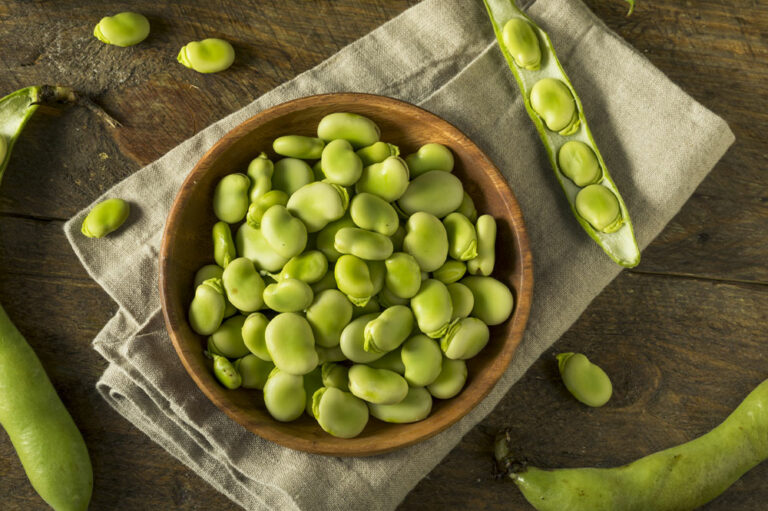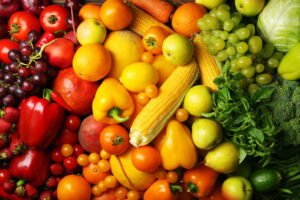
Foods to manage Parkinson’s and treatment options
Parkinson’s is a neurological disorder that results in involuntary and unpredictable movements in the body, such as rigidity, tremors, and impaired balance and coordination. As the disease advances, these symptoms typically become more severe. Although there is currently no known cure for Parkinson’s, there are various strategies for managing the condition. Proper nutrition is a critical component of effective management, so consider the following dos and don’ts of nutrition and some promising new treatment options to explore. Role of nutrition While nutrition is important in general for a healthy life, those dealing with Parkinson’s should especially be careful of foods to eat and avoid. This is due to the complications that arise because of the disease. These can include complications like constipation. Due to the slowdown of the digestive system, constipation can be a regular occurrence in those suffering from this disease. Irregular bowel movements can be uncomfortable, but if constipation becomes severe, it can have a significant impact on the large intestine. Dehydration is another common concern of Parkinson’s patients, so extra care needs to be given to hydration needs. Dehydration can cause dizziness, tiredness, confusion, weakness, and kidney issues. When undergoing Parkinson’s treatment therapy, it is recommended to avoid high-protein meals.
Read More 



